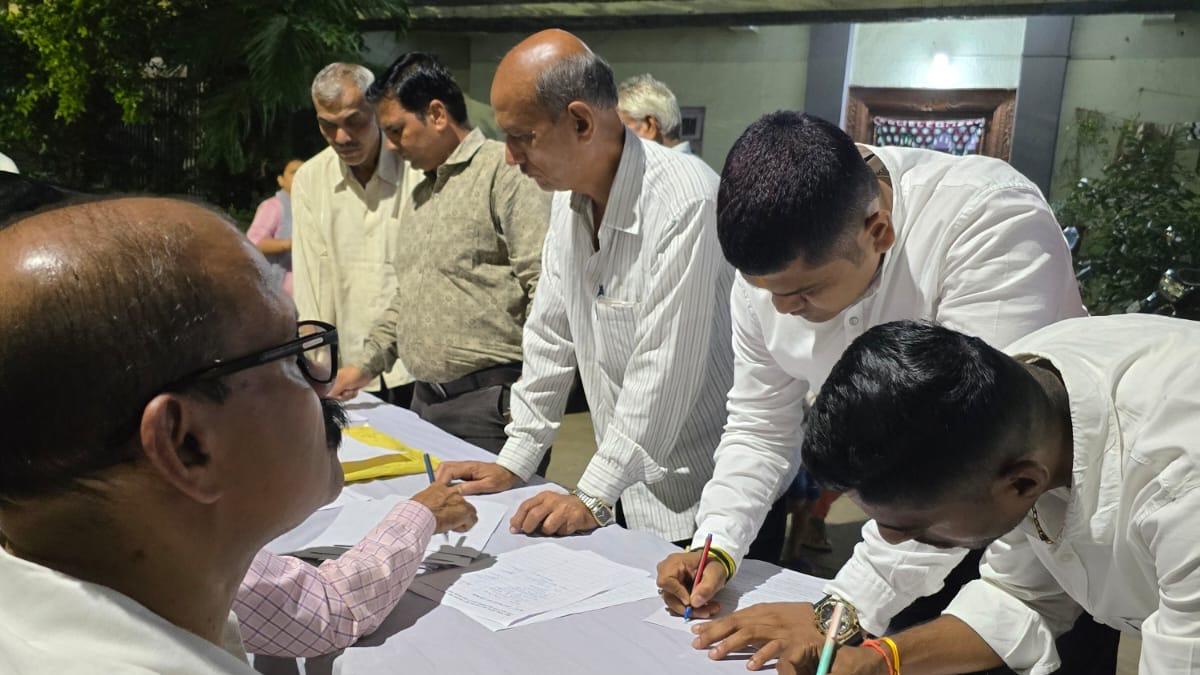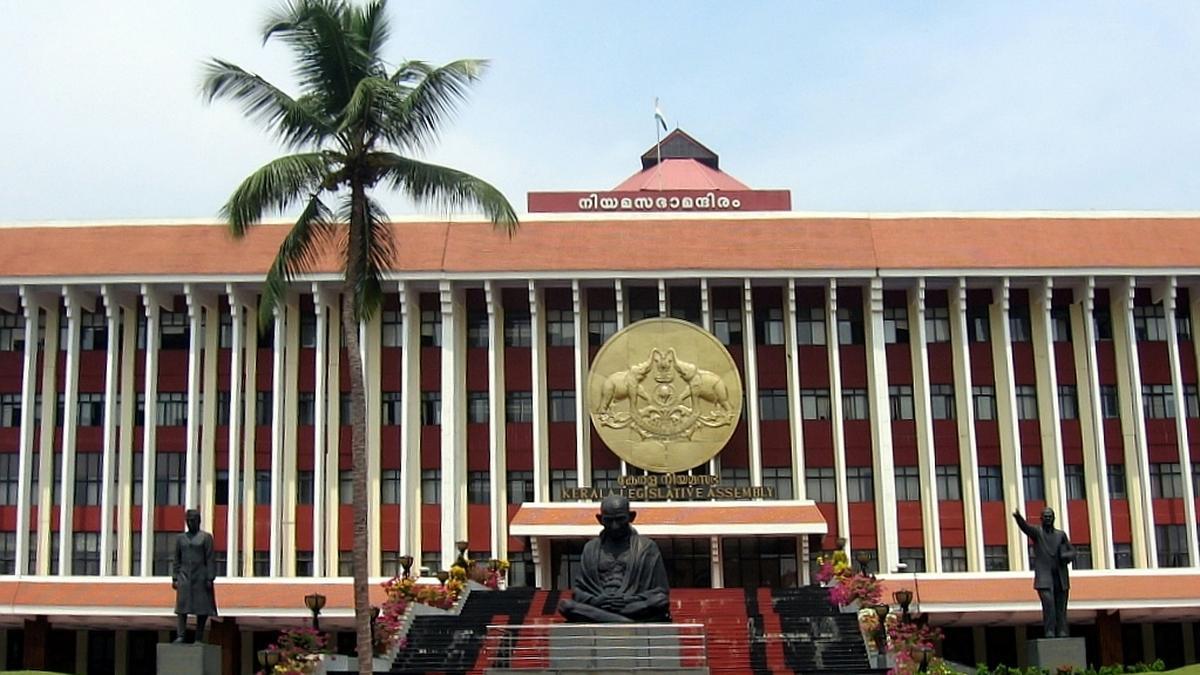Now Reading: Villagers Protest Adani Cement Plant over Environmental, Health Risks
-
01
Villagers Protest Adani Cement Plant over Environmental, Health Risks
Villagers Protest Adani Cement Plant over Environmental, Health Risks

Quick Summary
- Residents of Mohone and nearby villages in Maharashtra’s Kalyan town raised strong objections during an MPCB public hearing against a proposed cement grinding plant by Adani Group subsidiary, Ambuja cement limited.
- Concerns cited include environmental impact, air and water pollution, threats to livelihood, and lack of clarity in the project’s planning process.
- villagers claim the project disregards land disputes, effects on local agriculture (rice farming), and fishing activities.
- The ₹1400 crore plant is planned on 26.13 hectares of land; 5.49 hectares for manufacturing purposes and 9.67 hectares for a green belt.
- The location lies close to Kalu River (0.1 km), Ulhas River (1 km), Ambivali station (0.15 km), and densely populated residential areas.
- Residents allege MPCB has only acted as an observer rather then investigating environmental consequences meaningfully.
- Villagers submitted objections via letters to Chief Minister Devendra Fadnavis, KDMC officials, and MPCB authorities demanding reconsideration or cancellation of the project.
Indian Opinion Analysis
The strong opposition from residents highlights concerns regarding industrial projects’ alignment with community needs and lasting developmental goals in India. While the ₹1400 crore cement grinding plant could possibly generate employment opportunities (1500 jobs as suggested by Adani representatives), it raises larger questions about balancing economic growth with environmental protection and preserving conventional livelihoods like farming or fishing.Transparency remains a critical issue here; residents claim they were inadequately informed about the proposal until formal notices were issued late into its planning stage. Moreover,unresolved disputes regarding ownership rights over lands slated for advancement point toward legal uncertainties that could further delay progress.
The inclusion of a green belt within site plans indicates some recognition of ecological factors but may not assuage broader fears tied to pollution-risk proximity to rivers or populated residential zones-potentially impacting public health long-term.This case underscores India’s pressing need for robust frameworks ensuring participatory governance where affected communities play active roles in shaping large-scale infrastructure initiatives before they are finalized.
Read More: Source Link























